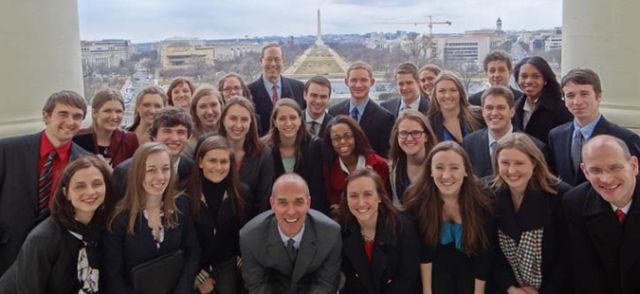Public Interest Group Entrepreneurship and Theories of Group Mobilization
Document Type
Article
Publication Date
3-1996
Publication Source
Political Research Quarterly
Abstract
The bulk of the literature on group mobilization focuses on why individuals join groups and virtually ignores the group leader (entrepreneur). Thus, we argue that there is a gap in the literature on group development: while entrepreneurs are critical in the process of group mobilization, little is known about what they do and why and how they do it. Studies of group mobilization continue to focus on group supporters — the patrons and members who provide groups with the resources they need. We take a different approach. We examine the process of group mobilization from the perspective of the entrepreneur. Utilizing data from a survey of public interest group founders we test the effectiveness of three theories of group formation. Our analysis leads to four basic conclusions:
- We should reject any strong version of Jack Walker's argument about the importance of patrons in group mobilization. While many public interest groups do form at the behest of patrons, most do not.
- Most public interest groups form because aggressive, independent entrepreneurs form them. The large number of groups which cannot trace their origins to patrons or disturbances attests to the importance of entrepreneurs in group formation.
- Many public interest group founders form groups in response to specific and easily identifiable events or series of events. Disturbances may not spur individuals to join groups, but they play an important role in stimulating entrepreneurial activity.
- The "free-rider" problem is not operative for most groups "just starting out." Our data suggest that individuals-especially entrepreneurs and their friends-are the driving force behind public interest group formation.
Inclusive pages
119-146
ISBN/ISSN
1065-9129
Copyright
Copyright © 1996, University of Utah
Publisher
University of Utah
Volume
49
Issue
1
Peer Reviewed
yes
eCommons Citation
Nownes, Anthony J. and Neeley, Grant W., "Public Interest Group Entrepreneurship and Theories of Group Mobilization" (1996). Political Science Faculty Publications. 68.
https://ecommons.udayton.edu/pol_fac_pub/68
COinS



